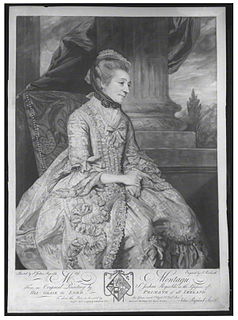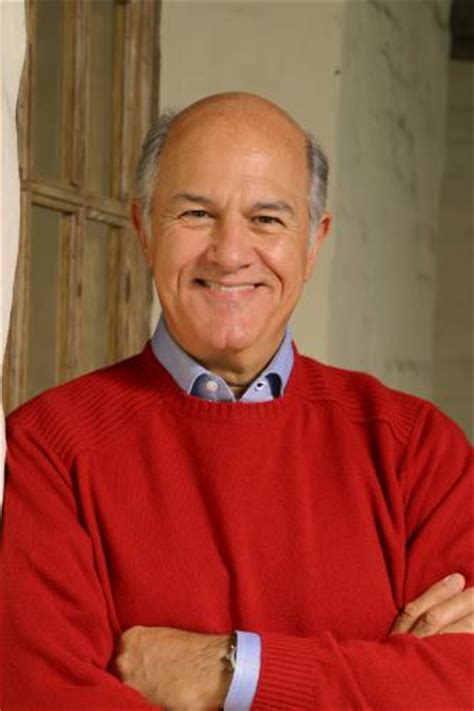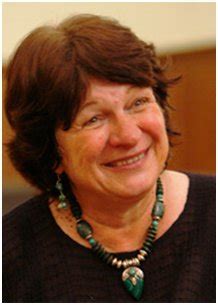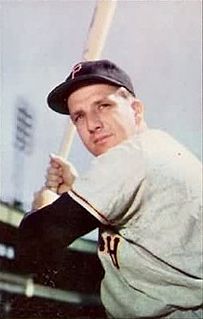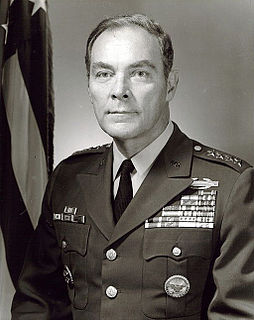A Quote by Elizabeth Montagu
Few people know anything of the English history but what they learn from Shakespear; for our story is rather a tissue of personal adventures and catastrophes than a series of political events.
Related Quotes
I have always wanted to make a series of films which would be like an 'emotional history' that conveys what it feels like to live through history as an experience rather than a grand story. It would be about the relationship between the tiny fragments and moments of personal experience, and the continual backdrop of big events.
There's a lot we should be able to learn from history. And yet history proves that we never do. In fact, the main lesson of history is that we never learn the lessons of history. This makes us look so stupid that few people care to read it. They'd rather not be reminded. Any good history book is mainly just a long list of mistakes, complete with names and dates. It's very embarrassing.
I feel history is more of a story than a lesson. I know this idea of presentism: this idea of constantly evoking the past to justify the present moment. A lot of people will tell you, "history is how we got here." And learning from the lessons of history. But that's imperfect. If you learn from history you can do things for all the wrong reasons.
The history of life is more adequately represented by a picture of 'punctuated equilibria' than by the notion of phyletic gradualism. The history of evolution is not one of stately unfolding, but a story of homeostatic equilibria, disturbed only 'rarely' (i.e. rather often in the fullness of time) by rapid and episodic events of speciation.
High SQ demands the most intense personal integrity. It demands that we stand open to experience, that we recapture our ability to see life and others afresh, as though through the eyes of a child, to learn how to tap into our intuition and visualization, as a powerful means of using our inner knowing to “make a difference.” It demands that we cease to seek refuge in what we know and constantly explore and learn from what we do not know. It demands that we live the questions rather than the answers.
The more people share woodland, absorb it and regard it as part of their personal heritage and culture, the richer our society will be. The more people can work in woods and use them practically rather than go through the motions as a kind of ersatz exercise, the more they will care for the places themselves rather than the political idea of them.
Each of us is born with a series of built-in confusions that are probably somehow Darwinian. These are: (1) we're central to the universe (that is, our personal story is the main and most interesting story, the only story, really); (2) we're separate from the universe (there's US and then, out there, all that other junk - dogs and swing-sets, and the State of Nebraska and low-hanging clouds and, you know, other people), and (3) we're permanent (death is real, o.k., sure - for you, but not for me).
[Judge and Jury] is outstanding. I have
learned more about the history of
baseball, true history, than from
anything I have ever read or heard
about. [It's] research and documentation
clarifies so many of the personalities
and events that took place before 'my
time' in the game. Jacques Barzun's
quote: 'Whoever would know the heart
and mind of America had better learn
baseball' should be supplanted by [this]
biography of Landis.
